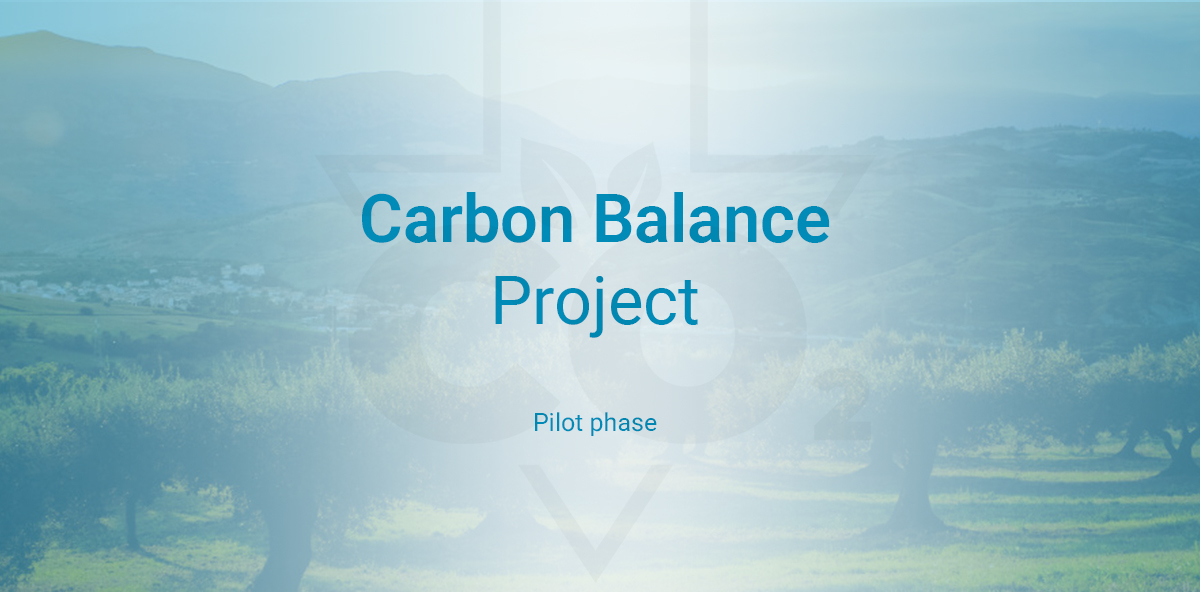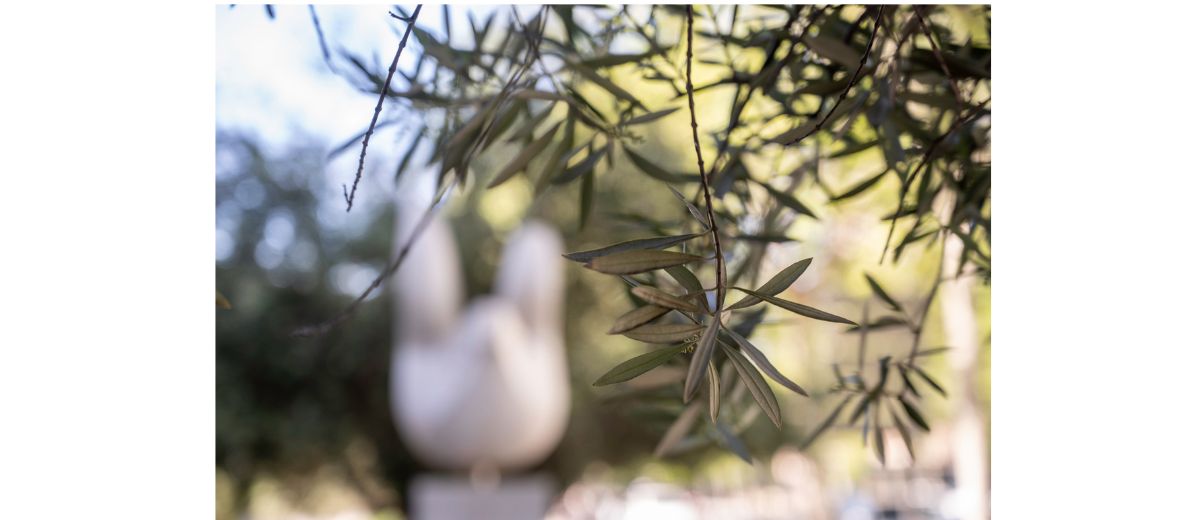The IOC launches the pilot phase of the “Carbon Balance” project and opens registration for olive sector producers and entities
The International Olive Council (IOC) has opened registration for participation in the pilot phase of the “Carbon Balance” project, an international initiative aimed at measuring and assessing the olive grove’s capacity to act as a natural carbon sink and, eventually, transforming that value into an economic asset for producers through the sale of carbon credits on voluntary markets.
“This pilot phase is a key step in developing a dedicated scientific methodology and sector-specific tools that will allow producers, cooperatives, researchers and technicians to accurately calculate the net carbon balance of their olive groves,” explains Jaime Lillo, Executive Director of the IOC.
The project is based on a well-documented reality: olive groves have the capacity to absorb CO₂ from the atmosphere and store it in a stable and lasting way, both in their long-living perennial structure and in the soil, increasing organic matter through sustainable agronomic practices. Until recently, agriculture was viewed solely as a greenhouse gas emitter. However, the 2023 IPCC report recognised its potential to absorb carbon dioxide, opening new financial opportunities for sectors such as olive growing.
A globally accessible initiative
Designed with an international outlook, the methodology of the project is intended to be applicable to any olive grove worldwide and aims to become a benchmark compatible with diverse regulatory frameworks — including those of the European Union, the United States, North Africa and Latin America.
Participation is open to farmers, cooperatives, sector associations, universities and other operators in the olive sector. Basic information will be required on the olive grove (location, size, variety, agronomic practices, etc.), and the use of the tool will be entirely free of charge. During the pilot phase, participants will also receive online training and technical support.
Interested parties simply need to complete an online form, providing basic details about the farm or cultivation system they wish to assess. The data collected and participant feedback during this phase will be used to validate both the software and the methodology, and to refine their features ahead of the official launch.
Registration is open from 24 April to 30 May 2025. All sector operators are invited to fill out this form to participate.
On 4 June, the IOC will hold a technical training session — both in person and online — for all registered participants. This session will provide detailed guidance on the methodology and how to use the calculation tool.
Throughout the summer months, the IOC will analyse the data and feedback gathered during the pilot phase. In November, to mark World Olive Day, the IOC will present the pilot’s findings and publish the validated version of the system. The goal is for the system to be recognised by European authorities and incorporated into official certification schemes.
Through this project, the IOC seeks to enable universal access for olive growers to the financial opportunities offered by voluntary carbon markets — lowering both technical and economic entry barriers through tools that are free, easy to use, robust and scientifically sound, and specifically tailored to the olive sector.
With this initiative, the IOC reaffirms its commitment to innovation, sustainability, and the recognition of the olive grove as a strategic crop in the fight against climate change.
About the IOC
The International Olive Council (IOC) is the only international and intergovernmental organisation dedicated to olive oil and table olives. Established in 1959 under the auspices of the United Nations, the IOC plays a decisive role in the sustainable development of the sector, promoting quality, research and international trade in olive oil and table olives. Its member countries represent over 95% of global olive oil production.










